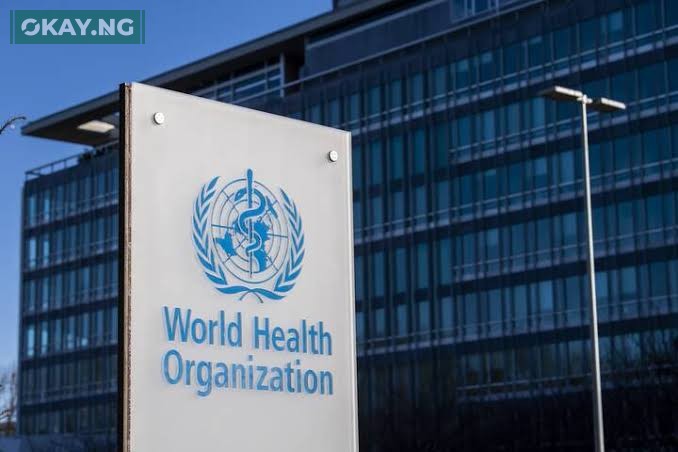The World Health Organization (WHO) has called on its member states to adopt the landmark Pandemic Agreement during the ongoing World Health Assembly, aiming to prevent a repeat of the devastating Covid-19 crisis.
In his opening address to the assembly in Geneva, WHO Director-General Tedros Adhanom Ghebreyesus emphasized the significance of the moment. “At this assembly, member states will consider, and hopefully adopt, the WHO Pandemic Agreement,” he said. “This is truly a historic moment.”
The agreement, which took over three years of intense negotiations, was finalized by consensus last month. However, the United States withdrew from the talks following former President Donald Trump’s decision to initiate a one-year withdrawal from the WHO.
Tedros praised the resilience of the negotiators, stating, “Even in the middle of crisis, and in the face of significant opposition, you worked tirelessly, you never gave up, and you reached your goal.” He described the consensus as bringing “joy, triumph, relief, exhaustion,” and expressed anticipation for the agreement’s adoption.
The Pandemic Agreement focuses on enhancing global preparedness and response to future pandemics through improved international coordination, surveillance, and equitable access to vaccines and treatments. The assembly is expected to formally adopt the treaty on Tuesday.
Negotiations were marked by tensions between wealthy and developing nations, with the latter expressing frustration over limited vaccine access during Covid-19. Some countries also voiced concerns about sovereignty, fearing the agreement might infringe on their autonomy.
A key component of the treaty is the Pathogen Access and Benefit-Sharing (PABS) mechanism, which governs access to pathogens with pandemic potential and the equitable sharing of benefits such as vaccines, diagnostics, and treatments. Member states have until May 2026 to finalize the PABS details.
Once ratified by at least 60 countries, the treaty will enter into force, marking a significant step forward in global health security.












